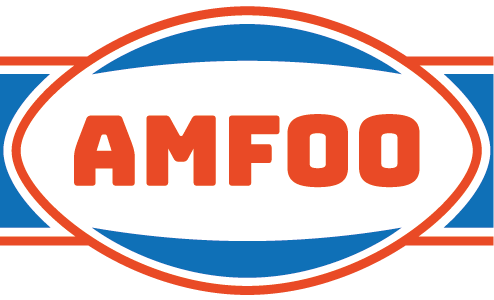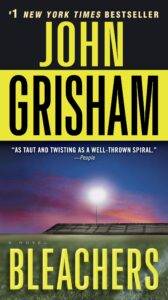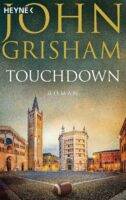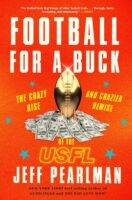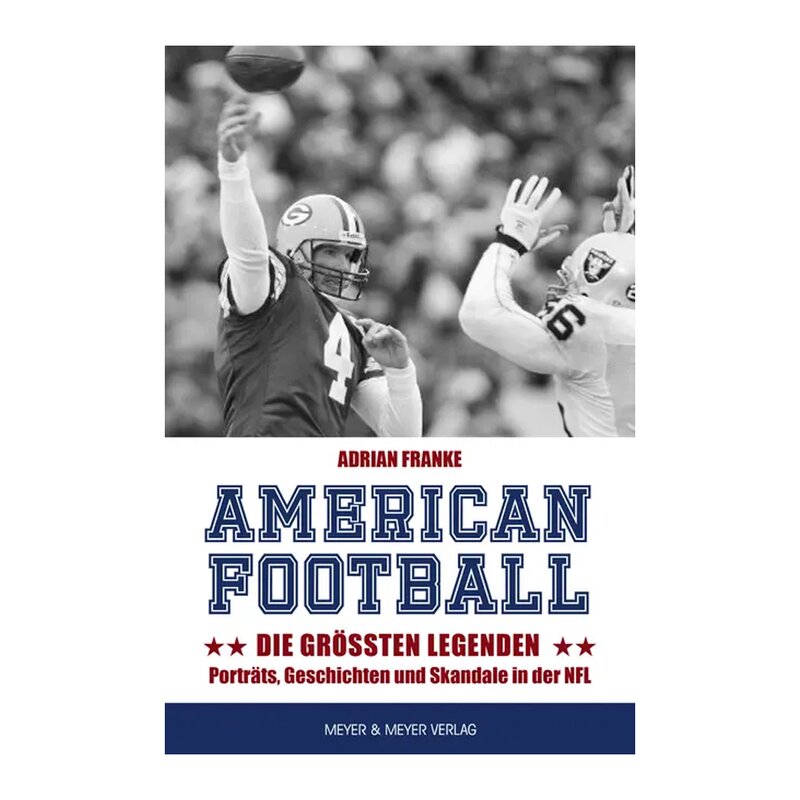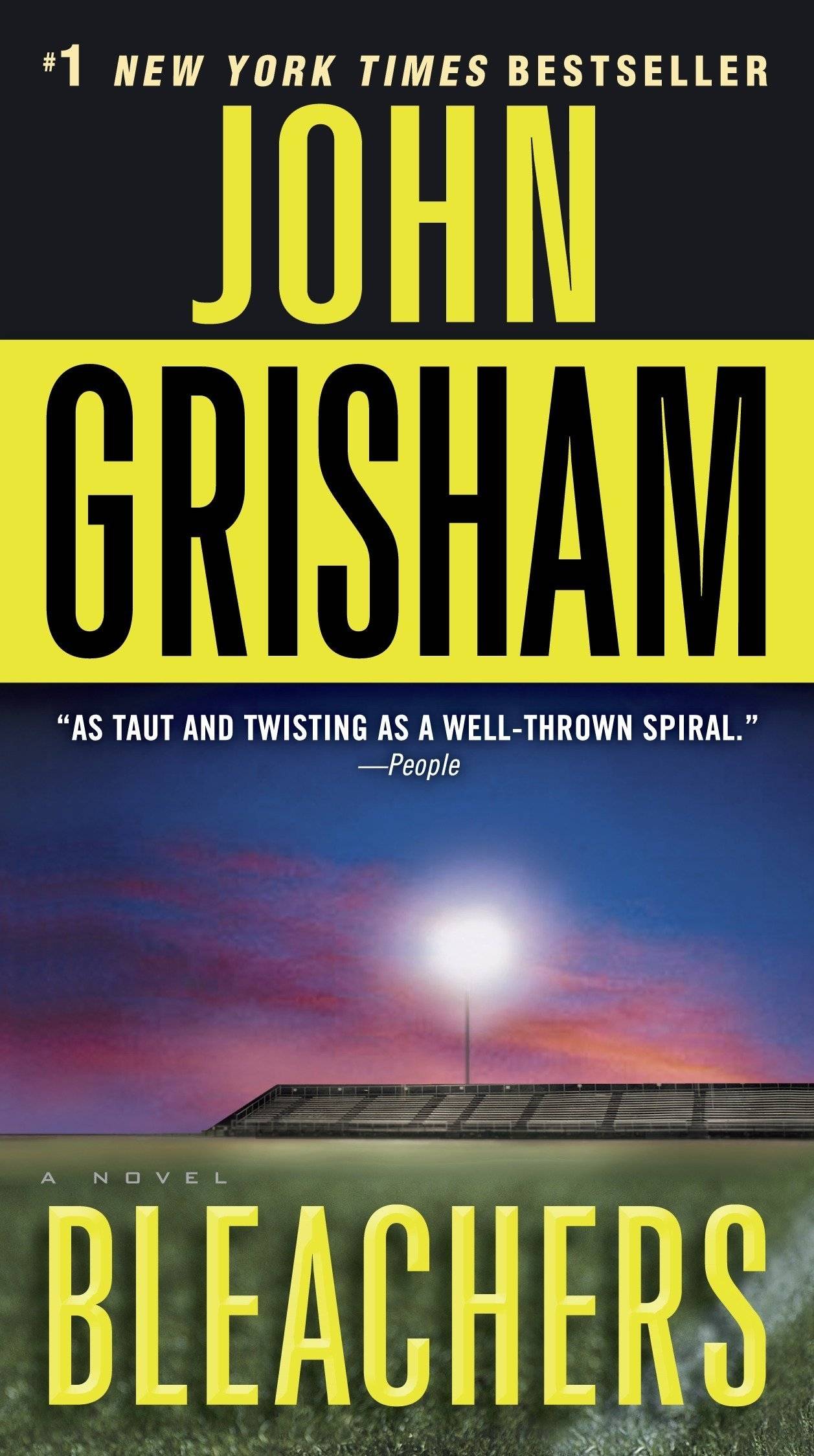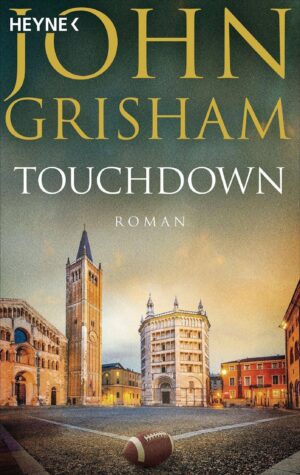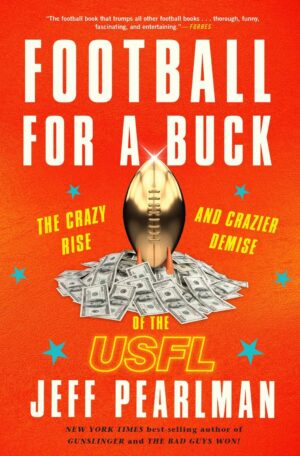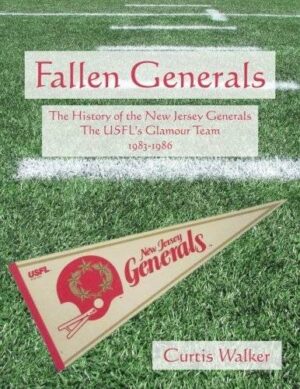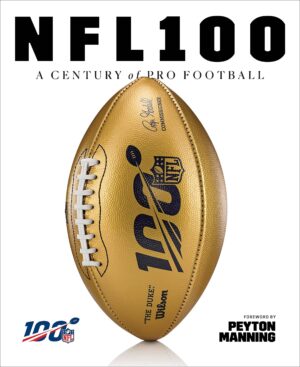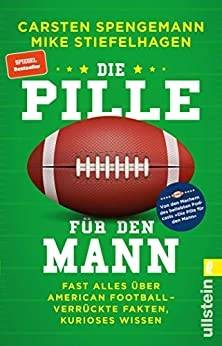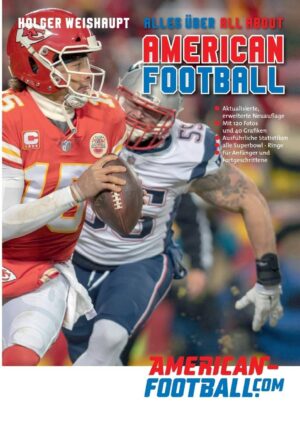Produktbeschreibungen
Pressestimmen
“A sure-footed storyteller with an undeniable mastery of plotting, pacing, and tone.”—
The New York Times Book Review“[Grisham] makes this football game so real that the reader can almost see and hear it.”—
The New York Times“Some of the best writing from Grisham . . . [He] makes Bleachers sing.”—Los Angeles Times
Über den Autor und weitere Mitwirkende
John Grisham is the author of twenty-three novels, including, most recently, The Litigators; one work of nonfiction, a collection of stories, and a novel for young readers. He is the Chairman of the Board of Directors of the Mississippi Innocence Project at the University of Mississippi School of Law. He lives in Virginia and Mississippi.
Leseprobe. Abdruck erfolgt mit freundlicher Genehmigung der Rechteinhaber. Alle Rechte vorbehalten.
The road to Rake Field ran beside the school, past the old band hall and the tennis courts, through a tunnel of two perfect rows of red and yellow maples planted and paid for by the boosters, then over a small hill to a lower area covered with enough asphalt for a thousand cars. The road stopped in front of an immense gate of brick and wrought iron that announced the presence of Rake Field, and beyond the gate was a chain-link fence that encircled the hallowed ground. On Friday nights, the entire town of Messina waited for the gate to open, then rushed to the bleachers where seats were claimed and nervous pregame rituals were followed. The black, paved pasture around Rake Field would overflow long before the opening kickoff, sending the out-of-town traffic into the dirt roads and alleys and remote parking zones behind the school’s cafeteria and its baseball field. Opposing fans had a rough time in Messina, but not nearly as rough as the opposing teams.
Driving slowly along the road to Rake Field was Neely Crenshaw, slowly because he had not been back in many years, slowly because when he saw the lights of the field the memories came roaring back, as he knew they would. He rolled through the red and yellow maples, bright in their autumn foliage. Their trunks had been a foot thick in Neely’s glory days, and now their branches touched above him and their leaves dropped like snow and covered the road to Rake Field.
It was late in the afternoon, in October, and a soft wind from the north chilled the air.
He stopped his car near the gate and stared at the field. All movements were slow now, all thoughts weighted heavily with sounds and images of another life. When he played the field had no name; none was needed. Every person in Messina knew it simply as The Field. „The boys are on The Field early this morning,“ they would say at the cafés downtown. „What time are we cleaning up The Field?“ they would ask at the Rotary Club. „Rake says we need new visitors‘ bleachers at The Field,“ they would say at the boosters‘ meeting. „Rake’s got ‚em on The Field late tonight,“ they would say at the beer joints north of town.
No piece of ground in Messina was more revered than The Field. Not even the cemetery.
After Rake left they named it after him. Neely was gone by then, of course, long gone with no plans to return.
Why he was returning now wasn’t completely clear, but deep in his soul he’d always known this day would come, the day somewhere out there in the future when he was called back. He’d always known that Rake would eventually die, and of course there would be a funeral with hundreds of former players packed around the casket, all wearing their Spartan green, all mourning the loss of a legend they loved and hated. But he’d told himself many times that he would never return to The Field as long as Rake was alive.
In the distance, behind the visitors‘ stands, were the two practice fields, one with lights. No other school in the state had such a luxury, but then no other town worshiped its football as thoroughly and collectively as Messina. Neely could hear a coach’s whistle and the thump and grunts of bodies hitting each other as the latest Spartan team got ready for Friday night. He walked through the gate and across the track, painted dark green of course.
The end zone grass was manicured and suitable for putting, but there were a few wild sprigs inching up the goalpost. And there was a patch or two of weeds in one corner, and now that he’d noticed Neely looked even closer and saw untrimmed growth along the edge of the track. In the glory days dozens of volunteers gathered every Thursday afternoon and combed The Field with gardening shears, snipping out every wayward blade of grass.
The glory days were gone. They left with Rake. Now Messina football was played by mortals, and the town had lost its swagger.
Coach Rake had once cursed loudly at a well-dressed gentleman who committed the sin of stepping onto the sacred Bermuda grass of The Field. The gentleman backtracked quickly, then walked around the sideline, and when he drew closer Rake realized he had just cursed the Mayor of Messina. The Mayor was offended. Rake didn’t care. No one walked on his field. The Mayor, unaccustomed to being cursed, set in motion an ill-fated effort to fire Rake, who shrugged it off. The locals defeated the Mayor four to one as soon as his name appeared on the next ballot.
In those days, Eddie Rake had more political clout in Messina than all the politicians combined, and he thought nothing of it.
Neely stuck to the sideline and slowly made his way toward the home stands, then he stopped cold and took a deep breath as the pregame jitters hit him hard. The roar of a long-ago crowd came back, a crowd packed tightly together up there, in the bleachers, with the band in the center of things blaring away with its endless renditions of the Spartan fight song. And on the sideline just a few feet away, he could see number 19 nervously warming up as the mob worshiped him. Number 19 was a high school all-American, a highly recruited quarterback with a golden arm, fast feet, plenty of size, maybe the greatest Messina ever produced.
Number 19 was Neely Crenshaw in another life.
He walked a few steps along the sideline, stopped at the fifty where Rake had coached hundreds of games, and looked again at the silent bleachers where ten thousand people once gathered on Friday nights to pour their emotions upon a high school football team.
The crowds were half that now, he’d heard.
Fifteen years had passed since number 19 had thrilled so many. Fifteen years since Neely had played on the sacred turf. How many times had he promised himself he would never do what he was now doing? How many times had he sworn he would never come back?
On a practice field in the distance a coach blew a whistle and someone was yelling, but Neely barely heard it. Instead he was hearing the drum corps of the band, and the raspy, unforgettable voice of Mr. Bo Michael on the public address, and the deafening sound of the bleachers rattling as the fans jumped up and down.
And he heard Rake bark and growl, though his coach seldom lost his cool in the heat of battle.
The cheerleaders were over there–bouncing, chanting, short skirts, tights, tanned and firm legs. Neely had his pick back then.
His parents sat on the forty, eight rows down from the press box. He waved at his mother before every kickoff. She spent most of the game in prayer, certain he would break his neck.
The college recruiters got passes to a row of chair-backed seats on the fifty, prime seating. Someone counted thirty-eight scouts for the Garnet Central game, all there to watch number 19. Over a hundred colleges wrote letters; his father still kept them. Thirty-one offered full scholarships. When Neely signed with Tech, there was a press conference and headlines.
Ten thousand seats up in the bleachers, for a town with a population of eight thousand. The math had never worked. But they piled in from the county, from out in the sticks where there was nothing else to do on Friday night. They got their paychecks and bought their beer, and they came to town, to The Field where they clustered in one raucous pack at the north end of the stands and made more noise than the students, the band, and the townsfolk combined.
When he was a boy, his father had kept him away from the north end. „Those county people“ down there were drinking and sometimes fighting and they yelled foul language at the officials. A few years later, number 19 adored the racket made by those county people, and they certainly adored him.
The bleachers were silent now, waiting. He moved slowly down the sideline, hands stuck deep in his…
